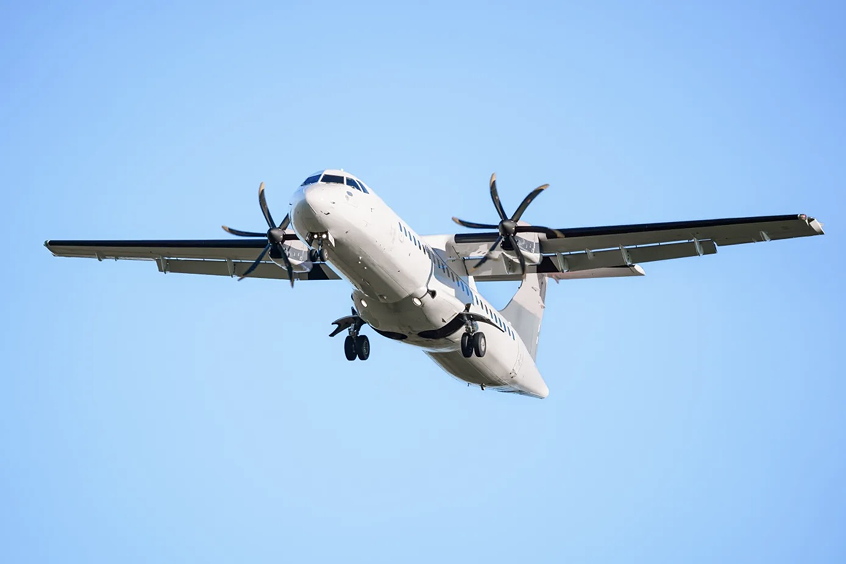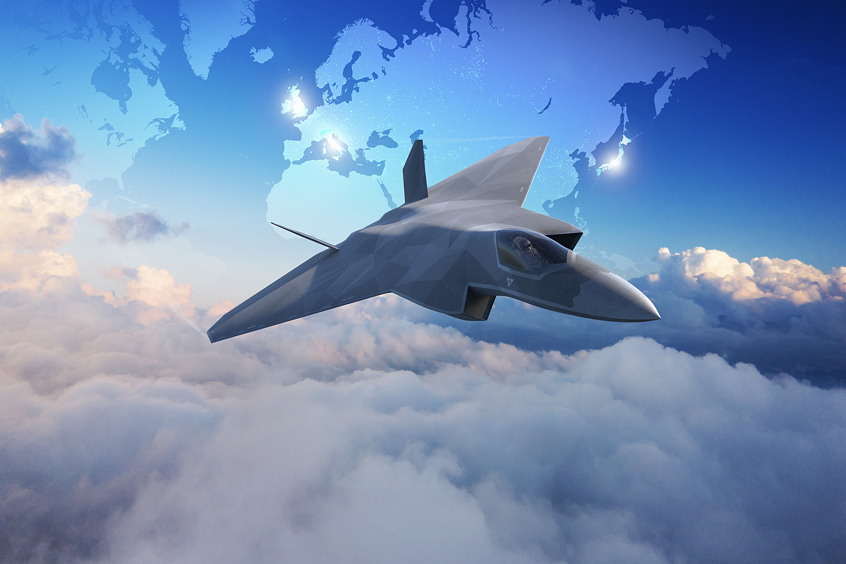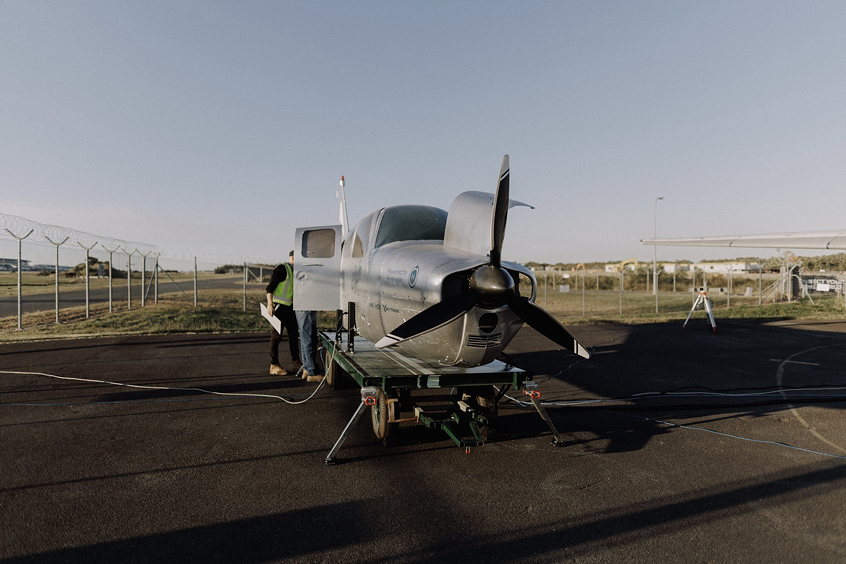Pratt & Whitney Canada's (P&WC's) new PT6A-140AG turboprop engine - selected to power Air Tractor's new AT-502XP aircraft - is just one of the company's many agricultural segment successes and initiatives supporting the industry. P&WC is a United Technologies Corp. Company.
Among the accomplishments, P&WC received Transport Canada authorization for field testing of PT6A-34AG engines in Brazil this spray season with S10 and S500 Type B biodiesel comprised of up to 10 per cent bio content. Additionally, P&WC was granted full approval for S500 and S10 Type-A regular diesel fuel.
"The launch of the new PT6A-140AG and our advancements related to biofuels demonstrate our commitment to the agricultural segment and our ability to continuously innovate and raise the bar with the PT6A family to make the world's best engines even better," said Denis Parisien, Vice President, General Aviation, P&WC. "The agricultural segment is core to our business. By continuing to drive innovation around biofuels and the latest engine manufacturing technologies, we best serve our customers, the environment and the industry as a whole."
An Exceptional Engine for the Agricultural Segment
The new PT6A-140AG engine sets the benchmark for performance and fuel efficiency for the agricultural segment, delivering 15 per cent more power and five per cent better specific fuel consumption (SFC) than other engines in its class. Optimized for extreme "hot and high" environments, the PT6A-140AG enables full-load takeoffs with maximum power available up to 111ºF (44ºC), effectively helping operators to increase their productivity and grow their profit margins.
The PT6A-140AG engine has 867 mechanical shaft horsepower (SHP) and 1,075 thermal SHP. Its modular design and externally mounted fuel nozzles make it the easiest engine in the agricultural segment to access and maintain. The Time Between Overhaul (TBO) can also be extended up to 8,000 hours or 12 years depending on the operation and it is independent of engine cycles. Designed and built to outlast others in the same class, the PT6A-140AG has a minimum component life limit which is 50 per cent higher than competing engines, and will continue to be a productive asset for any operator long after similar engines have been sent in for overhaul. Simple routine engine inspections can be done while still on-wing, in the field or in the hangar, eliminating surprises, reducing costs and providing peace of mind.
Established Leadership in Alternative Fuels
P&WC established its leadership in the use of alternative fuel sources some 40 years ago when diesel fuel and Aviation Gasoline (limited usage) was approved for the company's PT6A engines. In 2013, P&WC launched an extensive program to develop a comprehensive view around the operability of PT6A engines using diesel that includes up to 10 per cent bio content.
Today, the approval by Transport Canada to field test the S10 and S500 Type-B biodiesel on PT6A-34AG engines is an important accomplishment. Field testing will commence immediately and P&WC anticipates full approval of the biodiesel for the start of the 2016/17 season.
"This announcement is an exciting one as it reaffirms our leadership in the agricultural segment with our PT6A-140AG and directly related, our leadership in alternate fuels," said Parisien. "In addition to our ongoing innovations that increase engine performance while reducing the environmental footprint, our work in the area of biofuels represents strong potential for saving agricultural operators significant amounts in fuel costs."
| Contact details from our directory: | |
| Pratt & Whitney Canada | Turboshaft Engines, Electric Motors, Turboprop Engines, Auxiliary Power Units, Turbofan Engines, Compressors, Engine Parts, Piston Engines |
| Air Tractor Inc. | Airframer |
| Related aircraft programs: |
| Air Tractor AT-502 |
| Related directory sectors: |
| Engines |
Weekly news by email:
See the latest Bulletin, and sign up free‑of‑charge for future editions.

Airbus Atlantic commits to EPI for metallic ATR components
Boeing commits to expand in Charleston County

GCAP partners agree to go ahead with next gen combat aircraft
